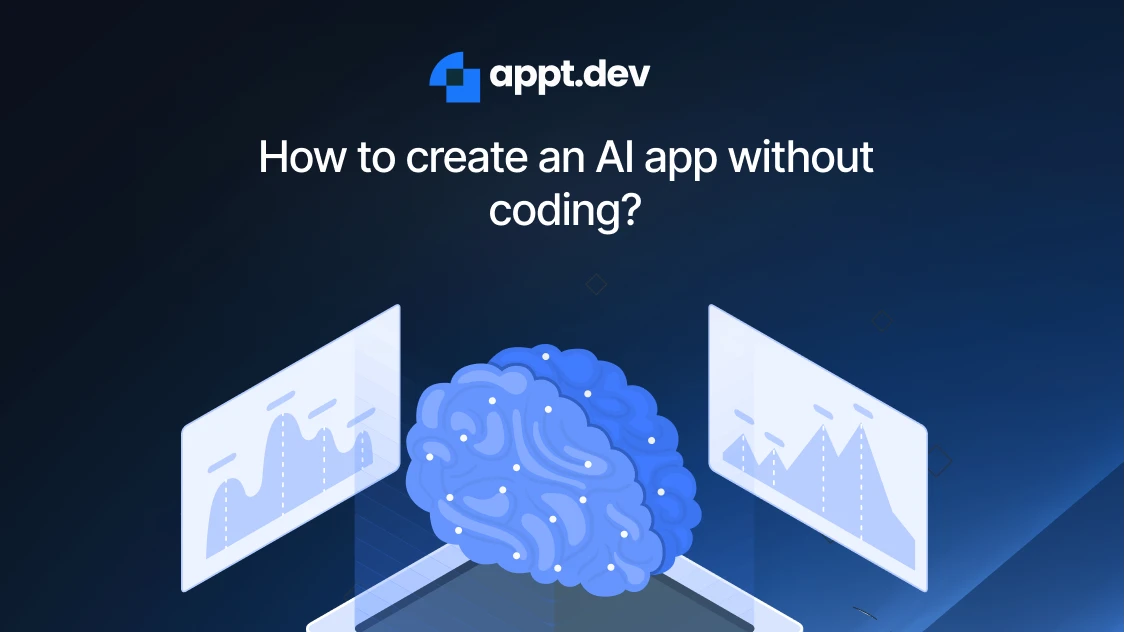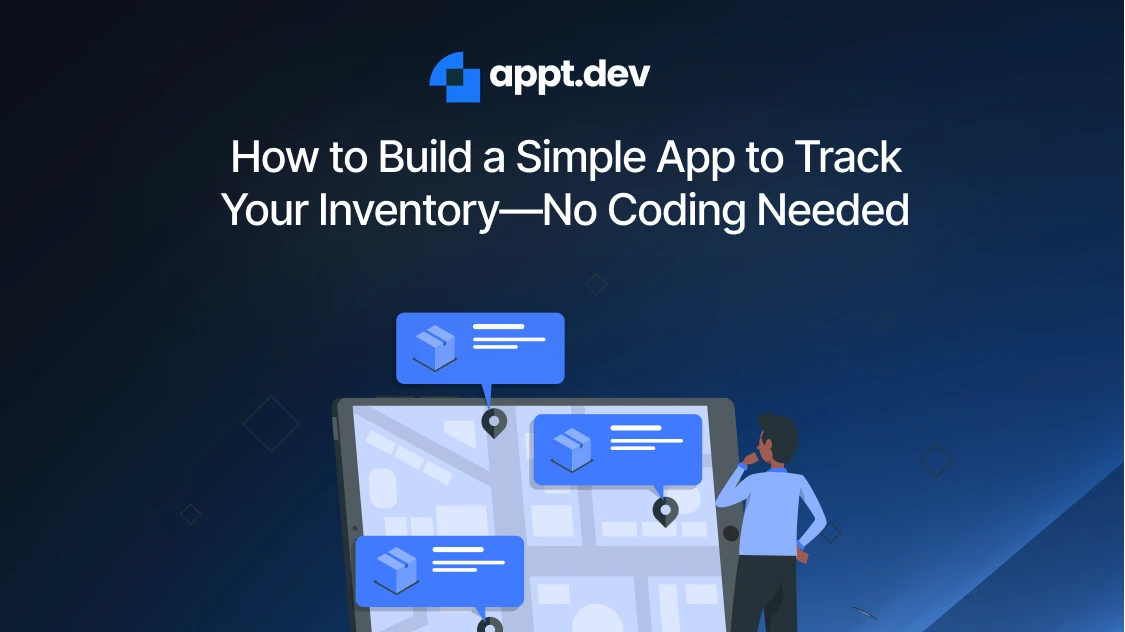Harnessing AI for E-Commerce: Transforming Your Online Store
AI for E-Commerce

Shaik Moosa
February 15, 2025 | 4 min
Share to

The e-commerce industry is booming, with online sales projected to reach $6.39 trillion by 2024. As this market expands, artificial intelligence (AI) plays an increasingly vital role in shaping how online retailers operate.
Artificial Intelligence (AI) is reshaping the landscape of e-commerce, offering innovative solutions that enhance customer experiences, optimize operations, and drive sales. As an e-commerce store owner, understanding how to leverage AI can give you a significant competitive edge. This article delves into the various applications of AI in e-commerce, from personalized shopping experiences to dynamic pricing strategies.
The Power of Personalized Shopping
Personalization has become a cornerstone of successful e-commerce strategies. Here’s how AI enables tailored shopping experiences:
Understanding Customer Preferences:
AI analyzes customer behavior, preferences, and purchase history to identify trends. This allows businesses to offer personalized product recommendations that resonate with individual shoppers.
Enhancing User Experience:
By utilizing AI-driven algorithms, e-commerce platforms can create tailored shopping experiences. For example:
Product Recommendations:
These algorithms suggest products based on past purchases and browsing history.
Targeted Promotions:
Personalized discounts can be offered to encourage repeat purchases.
Case Studies:
Brands like Amazon and Netflix have successfully implemented AI-driven personalization, leading to increased customer satisfaction and loyalty.
Streamlining Inventory Management and Demand Forecasting
Efficient inventory management is crucial for e-commerce success. AI technology helps in the following ways:
Automated Inventory Tracking:
AI tools provide real-time updates on stock levels, reducing the risk of stockouts or overstock situations.
Demand Forecasting Techniques:
By analyzing historical data and market trends, AI can predict future demand for products. This enables businesses to:
- Optimize stock levels.
- Reduce holding costs.
- Improve cash flow management.
- Examples of Success: Retailers using AI for demand forecasting have reported significant improvements in inventory turnover rates.
Implementing Dynamic Pricing Strategies
Dynamic pricing is a strategy that adjusts prices based on various factors such as demand, competition, and customer behavior. Here’s how AI facilitates this process:
Understanding Dynamic Pricing:
This approach allows businesses to remain competitive while maximizing profits.
AI Algorithms for Pricing Optimization:
- Machine learning algorithms analyze vast amounts of data to recommend optimal pricing strategies.
- Factors considered include competitor pricing, market trends, and consumer purchasing patterns.
Benefits of Dynamic Pricing:
- Increased sales through timely price adjustments.
- Improved profit margins by capturing consumer surplus.
Elevating Customer Service Solutions with AI
Customer service is a critical aspect of e-commerce that significantly impacts customer satisfaction. AI enhances this area through:
AI-Powered Chatbots: These virtual assistants provide instant support by:
- Answering customer queries.
- Guiding users through the purchasing process.
- Offering personalized product recommendations based on user input.
Sentiment Analysis for Improved Engagement:
AI tools analyze customer feedback and interactions to gauge sentiment, allowing businesses to adjust their strategies accordingly.
Case Studies:
Companies like Sephora utilize chatbots to improve customer engagement and streamline service delivery.
Strengthening Fraud Detection & Security Enhancements
As e-commerce grows, so do concerns about fraud and security breaches. AI plays a vital role in enhancing security measures:
The Importance of Security in E-Commerce:
Protecting customer data is paramount for maintaining trust and compliance with regulations.
AI Solutions for Fraud Detection:
- Machine learning algorithms can identify unusual patterns in transaction data, flagging potential fraudulent activities.
Real-time monitoring systems enhance the ability to respond quickly to threats.
Enhancing Data Security: AI helps encrypt sensitive information and ensures compliance with data protection regulations like GDPR.
Revolutionizing Search with Visual Search Technology
Visual search technology is changing how customers find products online:
What is Visual Search?:
This technology allows users to search for products using images rather than text queries.
How AI Powers Visual Search:
- Image recognition algorithms analyze visual data to identify similar products.
- This enhances user experience by making searches more intuitive.
Benefits for E-Commerce Stores:
- Increased conversion rates as customers find what they are looking for more easily.
- Improved customer satisfaction through seamless search experiences.
Conclusion
The integration of AI into e-commerce operations offers numerous benefits that can significantly enhance your business's performance. From personalized shopping experiences to advanced fraud detection systems, leveraging these technologies can lead to increased sales, improved customer satisfaction, and streamlined operations.
FAQs
Related Blogs

Can you really build an app with no-code?
In a world where digital transformation is no longer optional, the ability to create custom applications quickly has become a competitive advantage.
Read More
How to create an AI app without coding?
In today's rapidly evolving technological landscape, artificial intelligence has transformed from an exclusive domain of specialized developers to an accessible tool for businesses and individuals alike.
Read More
How to Build a Simple App to Track Your Inventory—No Coding Needed
Here’s a concise guide to building a custom inventory-tracking app on ApptDev—no coding required. You’ll learn why inventory management matters, how ApptDev’s visual tools streamline every step, and key insights to maximize efficiency. By following our six-step walkthrough, you’ll go from blank canvas to deployed app in under an hour, complete with automated reorder alerts and mobile-ready interfaces.
Read More